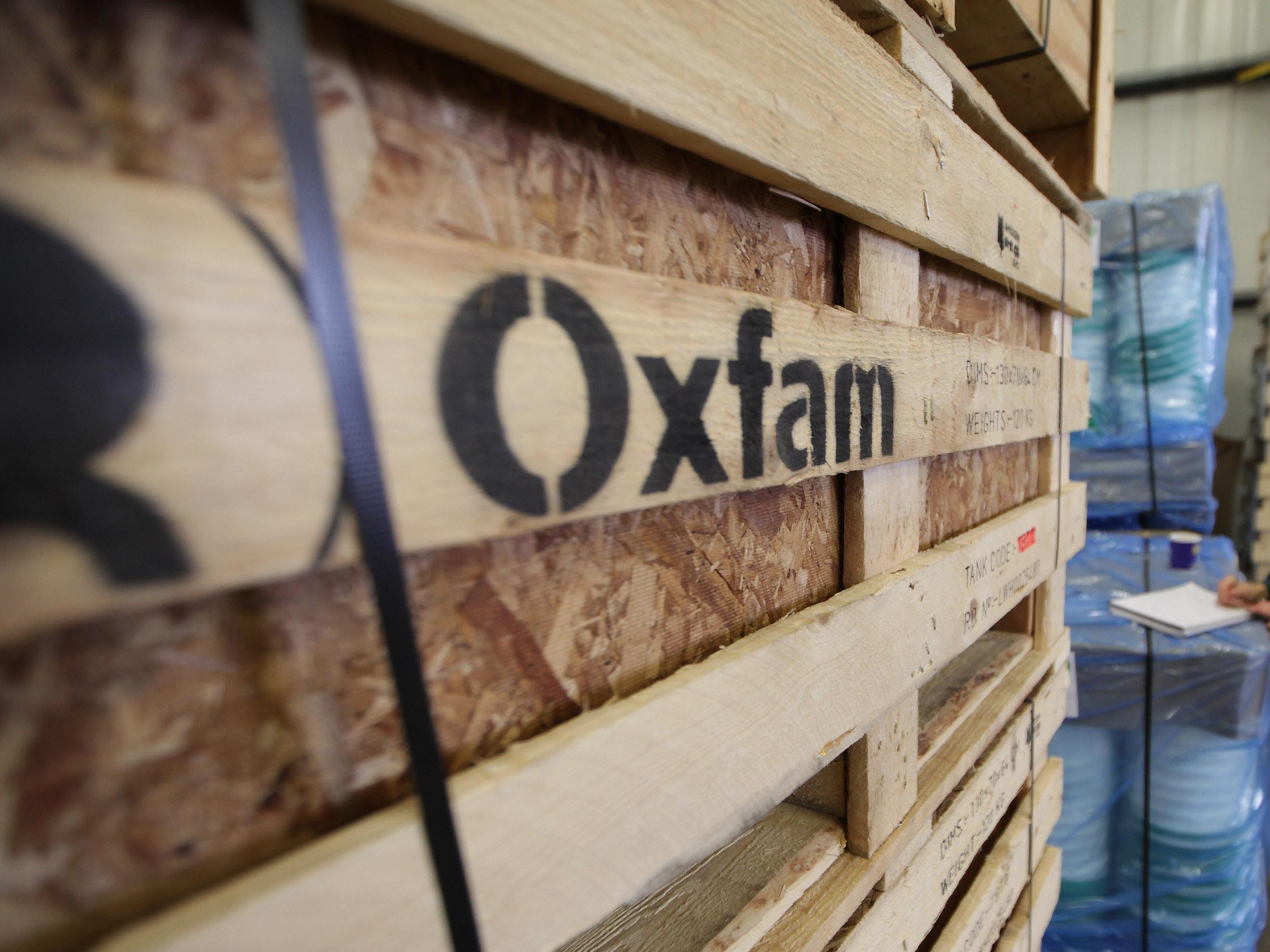Sexual abuse ‘endemic’ in aid sector, inquiry to hear
MPs are investigating culture that allows exploitation to take place

Your support helps us to tell the story
From reproductive rights to climate change to Big Tech, The Independent is on the ground when the story is developing. Whether it's investigating the financials of Elon Musk's pro-Trump PAC or producing our latest documentary, 'The A Word', which shines a light on the American women fighting for reproductive rights, we know how important it is to parse out the facts from the messaging.
At such a critical moment in US history, we need reporters on the ground. Your donation allows us to keep sending journalists to speak to both sides of the story.
The Independent is trusted by Americans across the entire political spectrum. And unlike many other quality news outlets, we choose not to lock Americans out of our reporting and analysis with paywalls. We believe quality journalism should be available to everyone, paid for by those who can afford it.
Your support makes all the difference.Evidence that aid workers are demanding sex in return for help will be heard by MPs when they launch an inquiry this week into preventing sexual abuse and exploitation in the sector.
The industry has come under intense scrutiny since 2018 when it emerged that Oxfam staff had paid young women in Haiti for sex while responding to the 2010 earthquake.
Parliament's International Development Committee (IDC) found similar cases of abuse and exploitation across other organisations and countries during an inquiry following the scandal.
“From what I've heard this is endemic within the aid sector,” IDC chair Sarah Champion told the Thomson Reuters Foundation.
“There's a culture that allows this to happen and that's what we need to try to ... unpick and stop.”
Ms Champion said cases she had come across involved UN agencies and big aid organisations as well as local agents contracted to deliver assistance.
“It seems to be almost an accepted trade in sex for aid, and that I think is what's shocked me most. It's almost like a commercial rate that people are aware of,” she said.
“[For] the beneficiaries it's basically you acquiesce to this or you don't eat - and this is from the very people who are in paid employment to try and protect and serve you.”
She said some cases involved aid being traded for sex in refugee camps.
The IDC will consider what progress has been made to protect aid recipients from sexual exploitation and abuse by aid workers and peacekeepers since its 2018 inquiry.
In particular, it will look at the mechanisms in place to enable victims to report incidents, how reports are handled and what psychological support and legal advice victims can access.
Britain's government announced last month it was merging its diplomatic and aid departments in September.
MPs will also look at what action the new Foreign, Commonwealth and Development Office should take to improve reporting of incidents, strengthen independent investigations, support victims and provide access to justice.
The inquiry will begin on Thursday when MPs will hear from whistleblowers who have tried to prevent abuse.
Ms Champion said some whistleblowers had lost their jobs after reporting incidents, and the inquiry would look at how well whistleblowers are protected from retaliation.
Thomson Reuters Foundation
Join our commenting forum
Join thought-provoking conversations, follow other Independent readers and see their replies
Comments